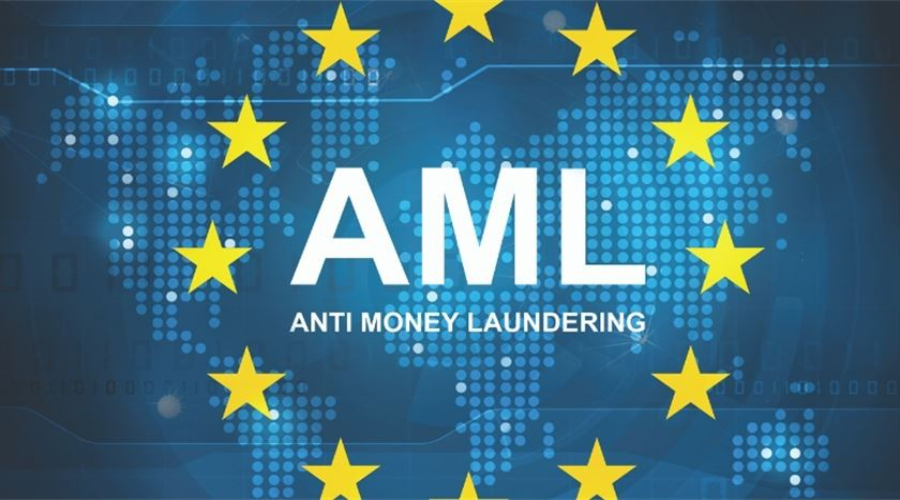More cash payments, more tax evasion. The correlation was also intuitive, but to confirm it comes yet another authoritative source, the report of the Parliamentary Budget Office which examines the possible future maneuvers of the government. In fact, among the measures envisaged by the first budget bill of the Meloni government, there are raising the cap on transactions that can be settled in cashwhich go from a maximum of 1,000 euros to a maximum of 5,000 euros, e the raising to 60 euros of the threshold for which a merchant is obliged to accept payments by debit card.
However there are some things to consider when it comes to increased use of cash, and in particular the fact that where cash transactions increase, a parallel increase in the shadow economy is also observed. This is highlighted by the elaborations of the UBP made starting from the Italian sample of the ECB’s «Study on the use of cash by households» and from the data of the «Report on the unobserved economy and on tax and social security evasion» attached to the Note of update to 2019 DEF.
«The economic literature almost agrees in the belief that there may be a positive link between the diffusion of evasion and the use of cash as a means of payment», says the report, explaining that, not being traceable, «cash would facilitate the so-called evasion” with consent” in which there is an agreement between the seller and the buyer to conceal part of the sales proceeds”.
Regional differences on cash and evasion
As it often happens, Italy is divided by the data into many small realities that tell of rather different situations. The constant is that our country is one of those in Europe where cash is used more frequently – in 82% of transactions – immediately after Malta (88%), Cyprus and Spain (both firm at 83%).
Looking on a regional basis, however, it is clear how the incidence of the underground economy is directly proportional to the share of use of cash. In Calabria, where the use of cash exceeds 90%, the estimate of undeclared work has an incidence of 21%. This also happens in Campania, where in the face of almost 80% of transactions that are handled in cash, there is about 20% of the underground economy.
Among the most virtuous regions, which demonstrate on the other hand how much the greater use of electronic payments can combat tax evasion, are Lombardy (with less than 11% of shadow economy estimated against cash transactions between 55% and 60%) Friuli Venezia Giulia (with data roughly comparable to those of Lombardy) and Emilia Romagna (with 12% underground economy and just under 65% use of cash).
In general, therefore, an increase in the cash threshold does not appear to be preferable. Also because, specifies the report of the Parliamentary Budget Office, «the modification of the cash threshold goes in the opposite direction compared to what is requested of Italy in the Recommendations of the Council of the EU», which «required to step up efforts to reduce tax evasion and the black economy, in particular by strengthening mandatory electronic payments by lowering the legal limits for cash payments».
More stories from Vanity Fair that may interest you:
Cash ceiling at 10 thousand euros, Meloni: “There is no relationship with tax evasion”
What is the country in Europe where women work best?
Parental leave: what will change
Source: Vanity Fair
I’m Susan Karen, a professional writer and editor at World Stock Market. I specialize in Entertainment news, writing stories that keep readers informed on all the latest developments in the industry. With over five years of experience in creating engaging content and copywriting for various media outlets, I have grown to become an invaluable asset to any team.







